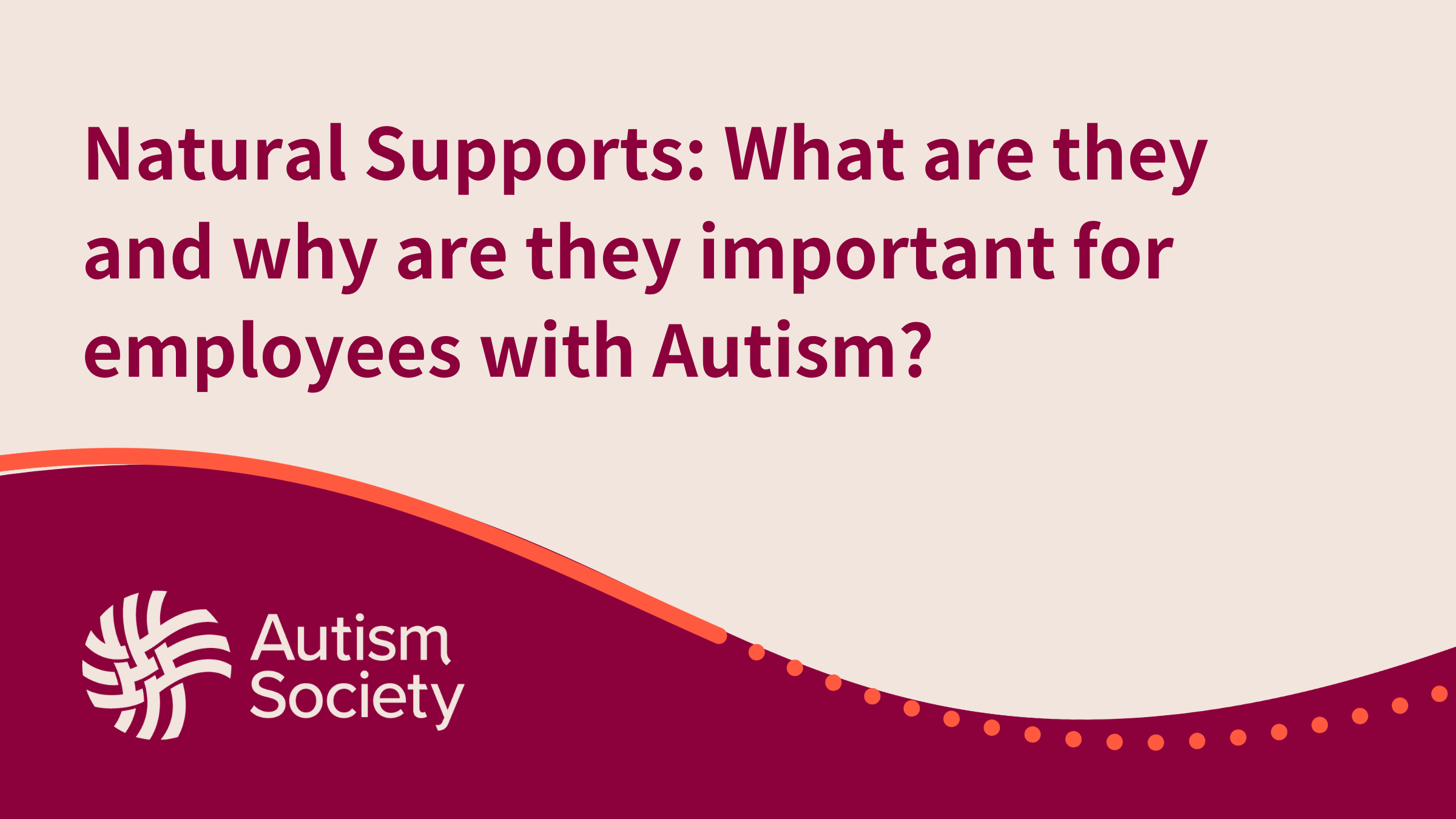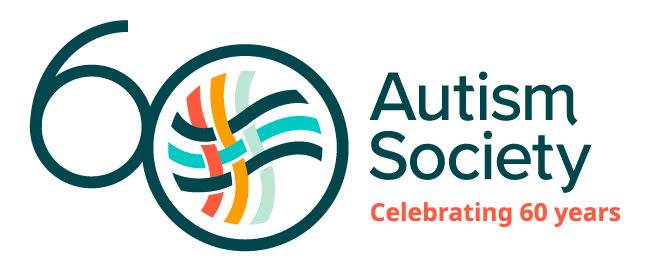
Rockville, MD, March 29, 2024 – “Natural supports” are methods of inclusion and assistance that exist in any workplace. Natural supports can help an employee with Autism to perform their job, and feel socially included—which is crucial for job retention.
Natural supports can involve people, procedures, customs, tools, and benefits that are typically available in the workplace.
Here are some examples:
- A new employee with Autism takes part in an orientation process that all employees go through, with additional support from human resources personnel to complete forms and review the business handbook.
- Coworkers invite the employee to the usual workplace coffee hour, which happens every Tuesday morning from 8:30 to 9:30.
- The employee’s supervisor meets weekly with the employee to review tasks and accomplishments.
- An office mate reminds the employee when it’s time to leave for the afternoon so that they do not miss their bus.
All employees (with and without disabilities) seek out help from supervisors, co-workers, and others to get their jobs done. For each person, that assistance is based on individual needs. Figuring out the employee with Autism’s individual needs is the first step before seeking out help. For an example of natural supports in the workplace, check out Frank’s story and video here.
Feeling more socially included
One key aspect of natural supports is that they not only allow an employee with Autism to maximize their job performance, but they can also help them to feel more socially included. This inclusion is critical for professional success and job satisfaction. For many people with Autism, social inclusion at work can feel like a challenge. Many disabilities, including Autism, also affect people’s social interactions, and can be misunderstood in the workplace. Having a natural support network is an important part of the job for all workers, including those with Autism.
Looking for a job or just found one? Consider this!
- Think about your specific support needs, and how these might be met using natural supports.
- Make sure the area you will be working in is not isolated but is physically integrated into the workplace.
- Make sure you have regular contact and interaction with coworkers. It’s often those social relationships that help develop natural supports. Social connections also help create the flexibility that allows natural supports to function.
- Try to work a similar schedule to others, with the same break times, mealtimes, etc.
Remember….natural supports should help you do your job to the best of your ability. And do be sure to discuss natural supports with your employment support professional.
This fact sheet was created in collaboration with ThinkWork! at the Institute for Community Inclusion (ICI) at the University of Massachusetts Boston. ASA collaborates with ICI to develop resources and materials to expand and promote employment opportunities for people with Autism.
Share:







